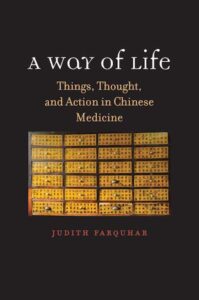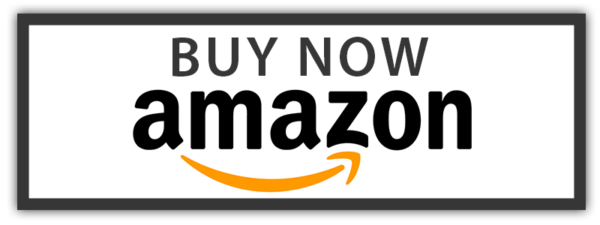 Some years ago, at the end of a three week business trip across China, two days before I was to leave for home, I contracted amoebic dysentery – or something resembling it at least. Violently ill and rapidly worsening, my Chinese colleagues were urging me to allow them to take me to a practitioner of Traditional Chinese Medicine (TCM) to be treated. Like most who are not familiar with TCM, I recoiled at the idea, preferring to trust my fate to the travel pack of pre-prescribed antibiotics I carried on such trips for just such emergencies.
Some years ago, at the end of a three week business trip across China, two days before I was to leave for home, I contracted amoebic dysentery – or something resembling it at least. Violently ill and rapidly worsening, my Chinese colleagues were urging me to allow them to take me to a practitioner of Traditional Chinese Medicine (TCM) to be treated. Like most who are not familiar with TCM, I recoiled at the idea, preferring to trust my fate to the travel pack of pre-prescribed antibiotics I carried on such trips for just such emergencies.
Needless to say, the antibiotics slowly began to work, and by the time I boarded the airplane in Shanghai for Seattle, I was at least feeling almost alive again. However on the flight home, I began to feel somewhat ashamed of myself. Why had I reacted in such a way to the offers of assistance from my colleagues? Assistance honestly and earnestly offered; the same type of medial treatment they would have sought for themselves or their own families in such a situation.
Then recently, reading Dr. Helen Scales’ Poseidon’s Steed, I was presented with a bit more information about the history, philosophy, and practice of TCM through her explanations of the demand for seahorses it generates. And only yesterday (at the time of this writing), listening to The Economist Radio podcast, a feature story was aired about the reporting by Chinese news sources of how TCM had been used as part of the treatment regimen given there to COVID-19 patients, and how the Chinese government would very much like to export TCM-based preparations internationally. Clearly the universe would like me to know more about this ancient medical practice than I presently do.
So it is indeed fortunate that not so very long ago, a copy of Dr. Judith Farquhar‘s new book A Way of Life; Things, Thought, and Action in Chinese Medicine reached my desk for review. Based on her 2017 Terry Lectures “Reality, Reason, and Action In and Beyond Chinese Medicine,” Professor Farquhar explores the “ontological, epistemological, and ethical questions” that have long been part of the assessment of TCM by Western researchers, and explains how TCM is actually practiced today.
I’m very much looking forward to discovering all that I wish I had known during my above-mentioned trip, and to being able to more rationally assess the options presented to me should the situation one day reoccur.

